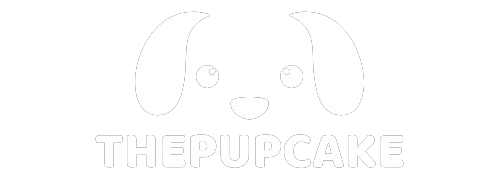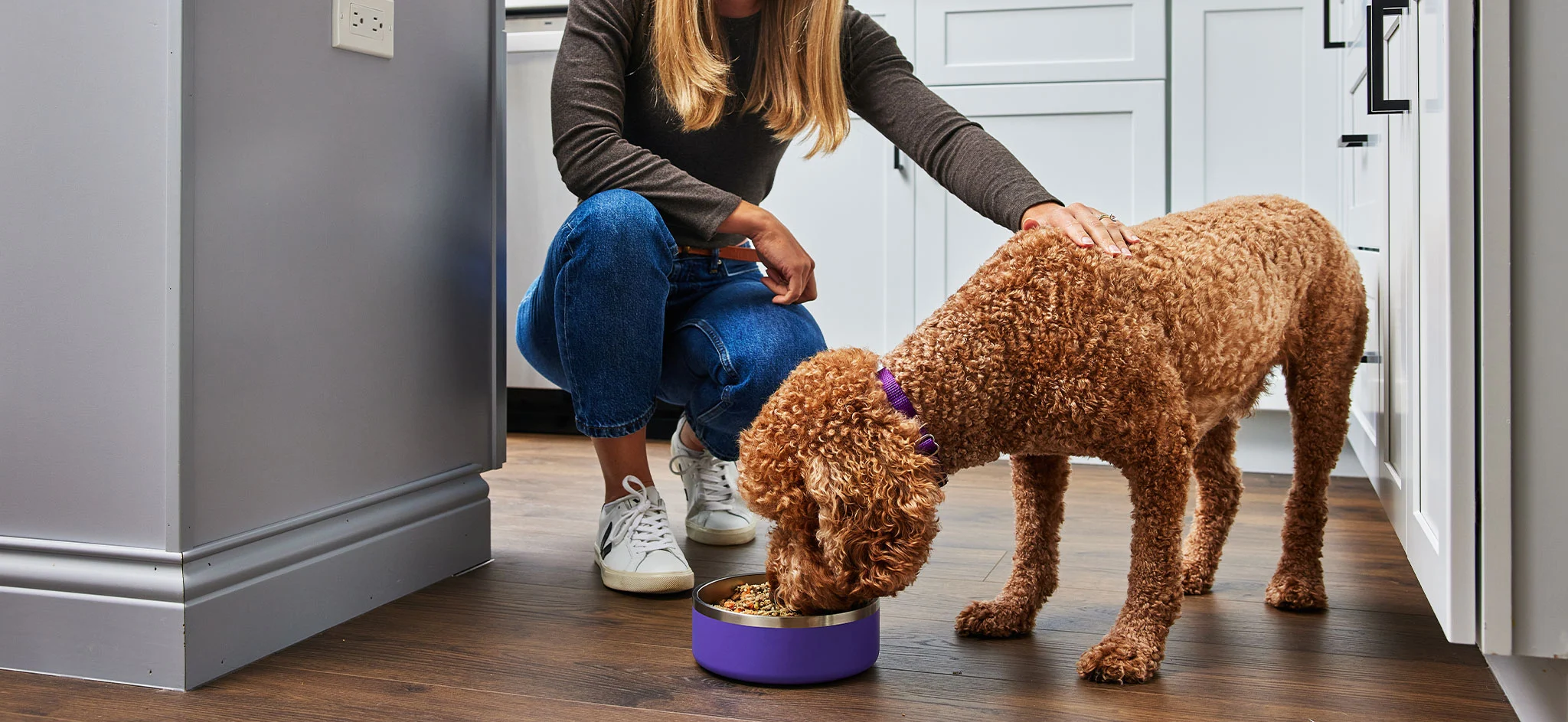When it comes to sharing our meals with our furry companions, it’s crucial to know which human foods are safe and beneficial for dogs, and which ones should be avoided at all costs. Here’s a rundown of what foods are good for your pup’s health and what to steer clear of.
Safe and Beneficial Human Foods for Dogs:
Proteins Dogs Can Eat:
- Opt for fresh, lean cuts of whole food proteins like chicken, beef, lamb, turkey, and cooked fish. These sources offer essential nutrients without added by-products.
- Peanut butter, without added sugars or sweeteners, can be a tasty treat for your dog in small amounts.
Vegetables Dogs Can Eat:
Cooked veggies like carrots, sweet potatoes, broccoli, and green beans are rich in vitamins, minerals, and fiber, providing a healthy addition to your dog’s diet.
Fruits Dogs Can Eat:
Apples (without seeds), cranberries, blueberries, and seedless watermelon are safe and nutritious options for your furry friend.
Other Safe Options:
- Cucumbers, blackberries, cashews, venison, potatoes, green peas, and healthy carbohydrates like white and brown rice can also be included in your dog’s diet.
- Dairy products like plain Greek yogurt and low-fat cheeses are suitable for dogs unless they are lactose intolerant.
Foods to Avoid:
- Chocolate, grapes, raisins, onions, garlic, chives, macadamia nuts, and grease from fatty meats like bacon should never be given to dogs.
- Other foods to avoid include coffee, tea, caffeine, alcohol, watermelon rind, avocado (due to persin and the risk of seed ingestion), and all artificial sweeteners, especially xylitol.
- Raw eggs, raw meat, and raw fish pose a risk of bacterial contamination and should be avoided.
Remember, while it’s tempting to share your meals with your dog, it’s essential to prioritize their health and well-being by sticking to foods that are safe and beneficial for them. If you’re ever unsure about a particular food, it’s best to consult with your veterinarian.

